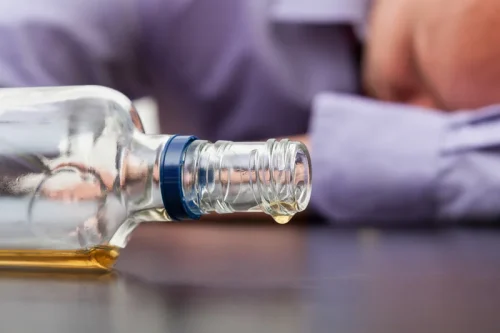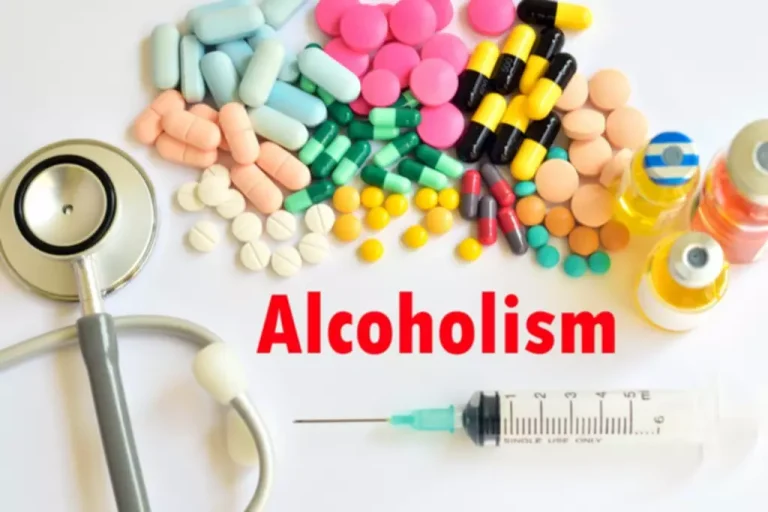
Opioid use — even short term — can lead to addiction and, too often, overdose. Find out how short-term pain relief leads to life-threatening problems. Hydrocodone (also known by the brand names Vicodin, Norco, and Lortab) is a powerful prescription opioid medication that is prescribed to treat pain and suppress cough. If you or someone you love is struggling with addiction to hydrocodone, now is the time to get help. Contact a treatment provider to find out more about available options. Below are a few symptoms and signs of Vicodin abuse that will help you identify whether or not your loved one is suffering from this ailment.
International Patients
- This is inconvenient for many reasons, but especially because Vicodin addiction is extremely difficult to be rid of without professional support.
- The abnormalities that produce addiction, however, are more wide-ranging, complex, and long-lasting.
- Additionally, the combination can cause drowsiness, dizziness, confusion and slurred speech.
- People with substance use disorders should be screened for depression and other mental health issues.
Naltrexone and buprenorphine stimulate the cells in ways quite distinct from the addictive opioids. Each medication can play a role in Substance abuse comprehensive treatment for opioid addiction. Opioids are prescribed therapeutically to relieve pain, but when opioids activate these reward processes in the absence of significant pain, they can motivate repeated use of the drug simply for pleasure. Opioids like hydrocodone can reduce the perception of pain, which is why they’re prescribed. When someone takes an opioid, it travels through their blood and to the brain, attaching to receptor sites. This function can release brain chemicals that create the high people can experience with opioids.
- Review your pain diary from time to time to see how you’re progressing.
- Our team does their best for our readers to help them stay informed about vital healthcare decisions.
- It includes hydrocodone, which is the actual opioid component, as well as paracetamol, which is also known as acetaminophen.
- If you are unsure whether a product contains acetaminophen, contact your doctor or pharmacist.
Physical and behavioral symptoms

In summary, the various biological models of drug addiction are complementary and broadly applicable to chemical addictions. Long-term pharmacotherapies for opioid dependence and addiction counteract or reverse the abnormalities underlying those conditions, thereby enhancing programs of psychological rehabilitation. The abnormalities that produce dependence, well understood by science, appear to resolve after detoxification, within days or weeks after opioid use stops. The abnormalities that produce addiction, however, are more wide-ranging, complex, and long-lasting. Such abnormalities can produce craving vicodin addiction that leads to relapse months or years after the individual is no longer opioid dependent.
Your addiction does not have to define who you are.

This drug activates the same receptors in the brain as Vicodin, releasing dopamine and relieving withdrawals. In addition, always discard unused medication, including any unused Vicodin pills, properly. You can =https://ecosoberhouse.com/ dispose of unused or expired medications at a medicine take-back event. These symptoms include itching, vomiting and swelling of the face, mouth and throat.
Endocrine System Damage
Some mental disorders, like insomnia and depression, can be treated through therapy and medication like antidepressants. However, damage done to the liver and kidneys is difficult to reverse as well as treat. Before it was discontinued in the UK around 2012, it was regularly prescribed by doctors.

Even if you withdraw at home, you should enlist the support and help of trusted loved ones, friends, or family. Make sure that someone checks in on you each day and don’t be afraid to ask for help if you need it. You can also find emotional support and resources from support groups such as Narcotics Anonymous. Organizations such as Narcotics Anonymous and Alcoholics Anonymous may help you avoid relapse with hydrocodone or another drug. If you realize your pain is decreasing, let your doctor know, even if your prescription hasn’t run out. Your doctor may want to reduce your dosage gradually and have you stop taking it sooner than expected.

Recent Comments